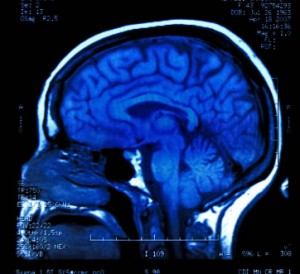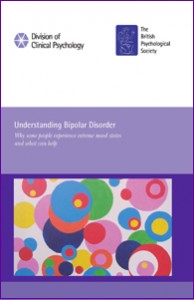ᔥUniversity of North Carolina School of Medicine
Autism, schizophrenia and bipolar disorder may share common underlying factors, study suggests
New research led by a medical geneticist at the University of North Carolina School of Medicine points to an increased risk of autism spectrum disorders (ASDs) among individuals whose parents or siblings have been diagnosed with schizophrenia or bipolar disorder.
The findings were based on a case-control study using population registers in Sweden and Israel, and the degree to which these three disorders share a basis in causation “has important implications for clinicians, researchers and those affected by the disorders,” according to a report of the research published online July 2, 2012 in the Archives of General Psychiatry.
“The results were very consistent in large samples from several different countries and lead us to believe that autism and schizophrenia are more similar than we had thought,” said Patrick F. Sullivan, MD,
FRANZCP, professor in the department of genetics and director of psychiatric genomics at UNC.
Sullivan and colleagues found that the presence of schizophrenia in parents was associated with an almost three times increased risk for ASD in groups from both Stockholm and all of Sweden.
Schizophrenia in a sibling also was associated with roughly two and a half times the risk for autism in the Swedish national group and a 12 times greater risk in a sample of Israeli military conscripts. The authors speculate that the latter finding from Israel resulted from individuals with earlier onset schizophrenia, “which has a higher sibling recurrence.”
Bipolar disorder showed a similar pattern of association but of a lesser magnitude, study results indicate.
Our findings suggest that ASD, schizophrenia and bipolar disorder share etiologic risk factors,” the authors state. “We suggest that future research could usefully attempt to discern risk factors common to these disorders.”
Study co-authors with Sullivan are Cecilia Magnusson, MD,PhD, Christina M. Hultman, PhD, Niklas Langstrom, MD, PhD, Paul Lichtenstein, PhD, Marcus Bowman, BS, Christina Dalman, MD, PhD, Anna C. Svensson, PhD and Michael Lundberg, MPH, Karolinska Institute, Stockholm, Sweden; Abraham Reichenberg, PhD, Kings College, London, England; Michael Davidson MD, and Mark Weiser, MD, Sheba Medical Center and Tel Aviv University, Israel; Eyal Fruchter, MD Israeli Defense Force Medical Corp, Ramat Gan, Israel.
The study was funded in part by The Swedish Council for Working Life and Social Research, the Swedish Research Council and the Beatrice and Samuel A. Seaver Foundation.
 Children who have a parent with bipolar disorder are more likely to display symptoms of affective and behavioral dysfunction than are children who do not have a parent with the condition, a study headed by Rasim Diler of the University of Pittsburgh and published in the November-December issue of Bipolar Disorders has found.
Children who have a parent with bipolar disorder are more likely to display symptoms of affective and behavioral dysfunction than are children who do not have a parent with the condition, a study headed by Rasim Diler of the University of Pittsburgh and published in the November-December issue of Bipolar Disorders has found.

